Healthcare providers have a lot on their plate. Aside from everything they do on the patient care side, providers often have many backend tasks that aren’t directly tied to healthcare but affect the overall performance of the business. Charge capture, i.e., the accurate billing and recording of the provided services, is a prime example of that. For many, this may sound obvious — after all, wouldn’t you expect accurate billing and record-keeping to be table stakes for any business?
In this blog, we’ll dive into exactly what charge capture entails and how it differs from the ways that businesses have kept track of their services and income in the past.
What is Charge Capture in Healthcare?
The definition of charge capture is “the recording and proper documentation of all billable services that have been provided to patients.” Simply put, charge capture means keeping a detailed record of your sales.
The Importance of Charge Capture in Healthcare
A successful charge capture process prevents revenue leakage, helps uncover underpayments, and guarantees proper and timely reimbursement. More than that, however, healthcare charge capture can also help you better strategize the services you provide and the way you market them. In this way, charge capture in healthcare both helps businesses provide better care for their patients and maximize their profits.
Understanding the Impact on Revenue Cycle in Healthcare
So, where does charge capture fall when it comes to revenue cycle? A revenue cycle encapsulates the recording of the entire process of working with a patient – from the initial registration, to the provided services, the billing recording, and any further claims and adjudications, and so on. Proper bookkeeping of the charge capture revenue cycle is crucial for preventing revenue leakage and revenue cycle optimization.
Streamlining the Revenue Cycle with Charge Capture
Adequately recording all charge capture medical billing throughout the whole revenue cycle is crucial for accelerating reimbursements, reducing, and managing claim denials. Good use of EHR systems and other charge capture software drastically reduces errors and streamlines the entire process.
The Charge Capture Process in Healthcare
The entire charge healthcare capture process includes numerous steps, such as:
- Documenting the provided services
- Assigning codes, such as CPT and other codes from the Healthcare Common Procedure Coding System
- Reviewing the accuracy of the recorded information
- Ensure the thoroughness of the provided services and their recording
Assigning the proper codes, as well as verifying the accuracy of all the supporting documentation, is one of the most common issues charge capture in healthcare is meant to solve. Without proper charge capture, those are the issues that most often lead to claim denials.
Maximizing Revenue through Effective Charge Capture
With good medical charge capture processes, healthcare providers can ultimately maximize their revenue in the long run by streamlining their entire work process. Strategies for doing this as fast and as effectively as possible include:
- Training healthcare professionals on processes and coding
- Implementing technological solutions
- Conducting regular audits
- Monitoring denial trends for continuous improvement
The way to figure out which of these you need to emphasize follows the adequate implementation of charge capture healthcare processes.
The Role of Charge Capture in Medical Billing
Charge capture is integral to medical billing, as it transforms coded services into proper claims for reimbursement, ensures that providers are well compensated, and helps maintain the business’ compliance with all current healthcare regulations.
Implementing Charge Capture in Hospitals and Healthcare Facilities
A proper guide for adequately implementing healthcare charge capture into your business includes steps such as:
- Assessing the way the current processes work, what are their potential inefficiencies, and which areas lead to errors more often than others
- Selecting the appropriate software technology for your needs
- Training your staff to work with said software, as well as to perform any and all new work processes
- Continuously monitor these processes and improve upon them wherever necessary for your business
No two healthcare businesses are the same, even if a lot of the practices in the healthcare niche appear similar. After all, there are huge differences in the healthcare services different providers specialize in. So, physician charge capture will be different from oncology charge capture, which will be different from nutritionist charge capture, and so on. At the end of the day, parsing out these differences and figuring out what would work best for your unique practice and specialty is at the heart of charge capture.
Challenges and Solutions in Charge Capture in Healthcare
Even with proper charge capture, healthcare providers can still face many challenges in their practice. Charge capture is a method for dealing with most issues, but it’s not a cure-all. Some of the challenges you’d need to be prepared for include:
- Incomplete documentation
- Coding errors
- Resistance to change among your staff
The solutions to such issues include real-time documentation, regular coding audits, standardized processes, effective staff training and engagement, and others. The nuances of your unique business will impact which of these you'll need to focus on more.
Summary
Charge capture in healthcare is simple in principle, but can be challenging in implementation. It’s also crucial for a business’s long-term success, however, so it’s not something that should be ignored or postponed. Effective charge capture leads to improved revenue generation and patient care, creating optimal outcomes across the board.



.jpg)










